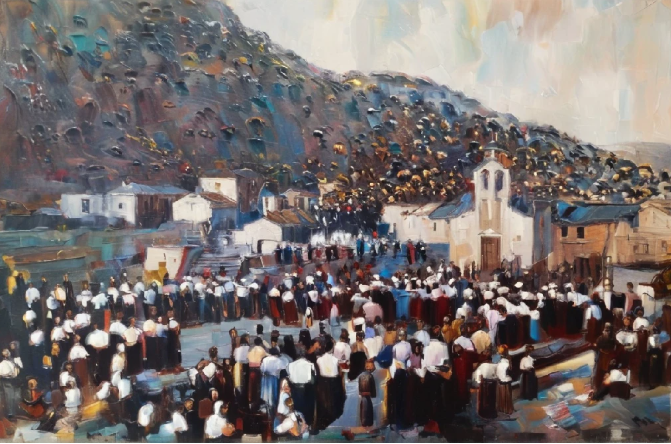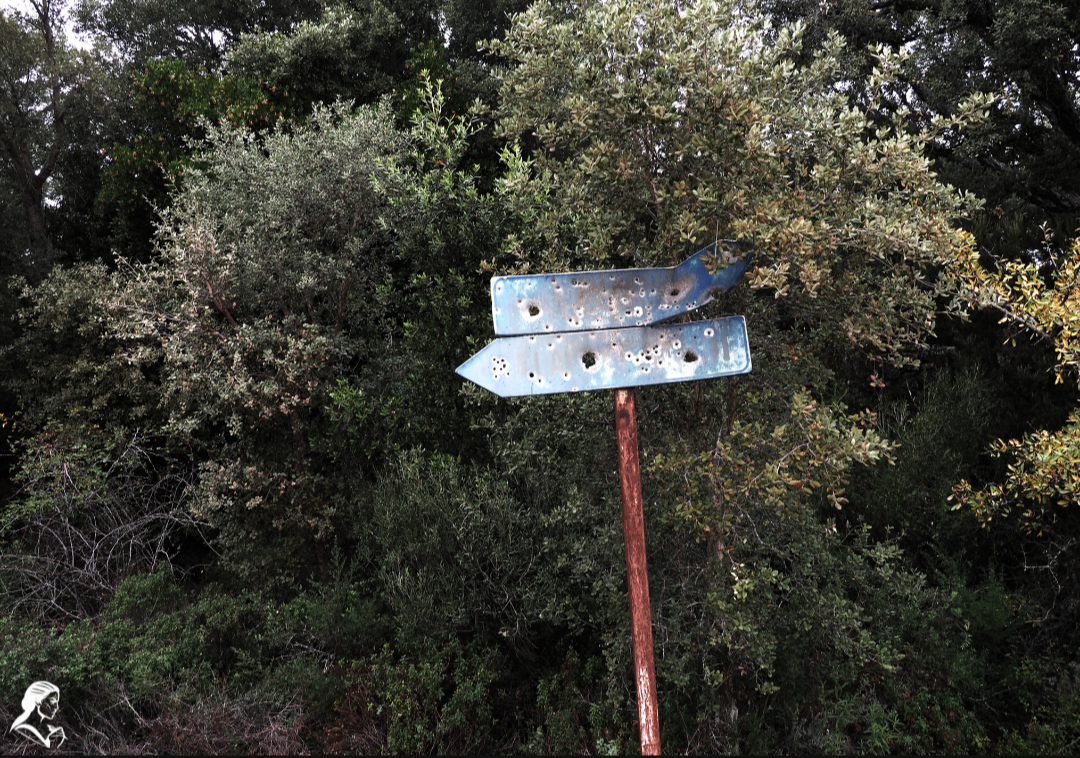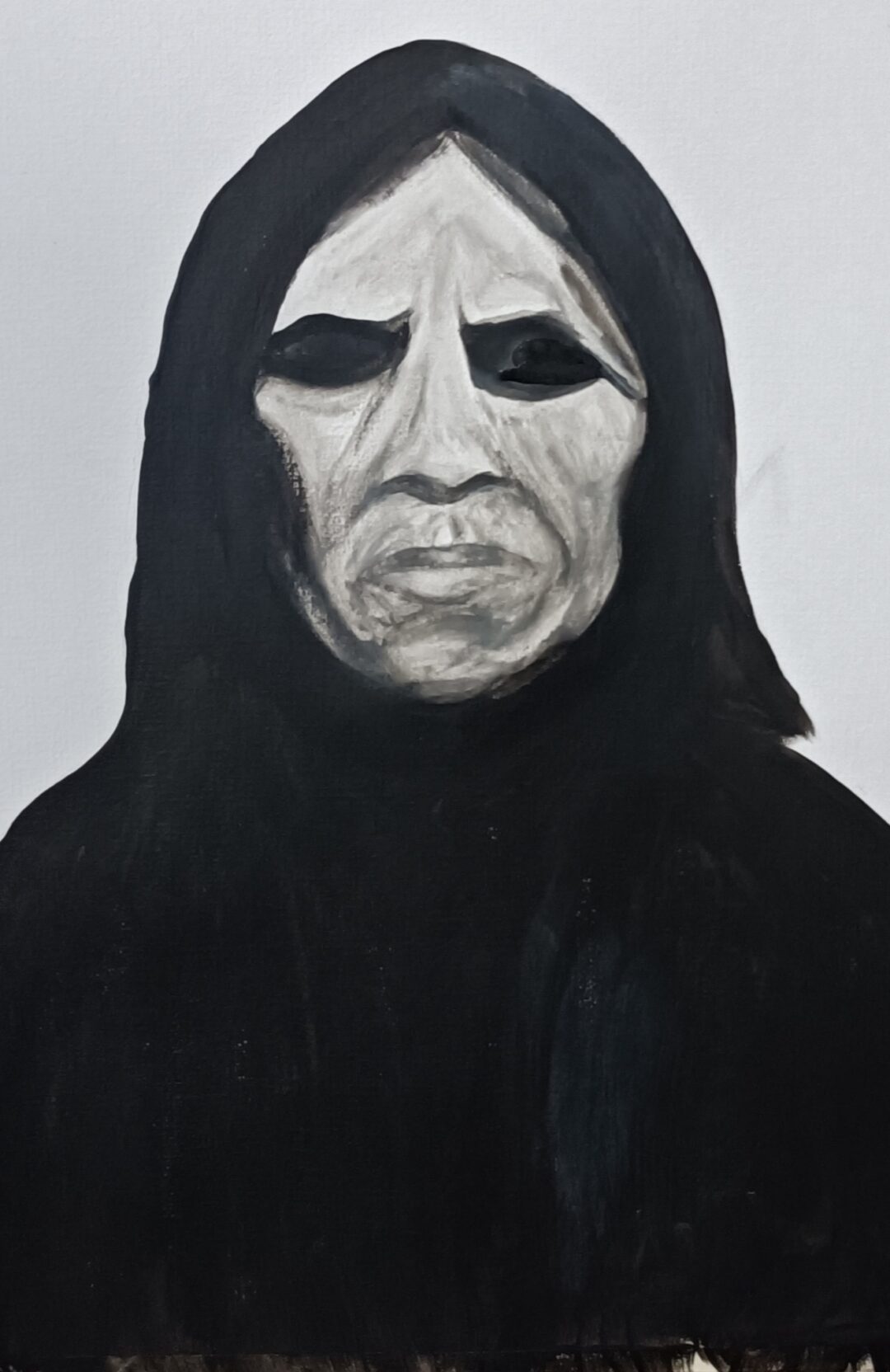When our grandparents complain that “the values of the past are no longer here,” they are, without realizing it, expressing the nostalgia and jealousy of not being young anymore. They are also pointing out the disappearance of certain values that no longer exist because they are no longer needed (or at least, that’s what we think).
In an insecure, precarious world abandoned by the rest of the world, like the Sardinia of our grandparents, creating stable relationships where trust, “sa paraula,” served as an eternal bond was truly necessary.
It was a seal of guarantee, and while today we rely on insurance, paying for future protection, in the past, the only guarantees were people. However, since human beings are less reliable than a mechanized policy, one had to invent occasions in which these guarantees were sealed with eternal promises.
In Sardinia, these seals were consolidated on June 24th, during the feast of San Giovanni. Needless to say, the church gave a saint’s name to a rite that was originally pagan, in this case connected to the summer solstice. A rite whose main elements, like fire, water, herbs, and scarecrows, are still felt today. But that’s another story.
I was saying that trust had to be somehow sealed. In Lodè, on June 24th, the feast of San Giovanni was celebrated right in front of the homonymous chapel, and it was a deeply felt celebration: mass was held early in the morning, followed by dances, songs, horse races, and communal meals.
But while people danced, sang, ate, and rode horses, something very interesting happened on the margins: people who felt a particular mutual respect swore eternal loyalty to each other, thus sealing a “Comparìa,” a bond of trust that lasted a lifetime.
Here’s how it worked: if two people had a special affinity or connection, they could choose each other to start a bond in the name of San Giovanni. A third person would then open the palm of their hand in front of everyone, and the two who had chosen each other would place their index fingers on it, saying aloud:
“Comare, Comare,
Santu Juanne ‘e Mare,
Santu Juanne-Andria,
a morrere a morrere impare
a comare a comare”
After the excitement of the feast, when two “compari” met on the street, they would greet each other by saying “Ave Maria,” and the other would respond “Siat piena,” once again sealing the mutual trust.
So many people formed these bonds in the village that, even today, when speaking with the elderly of Lodè, you can hear conversations related to these Comparìas.
This ritual required that, based on loyalty and faithfulness, people would support each other forever. And when I say forever, I mean forever: I myself, as a teenager, unaware of everything, benefited from a Comparìa sealed between my grandmother and a man who, knowing I dealt with his son, sternly warned me: “Take good care of her, her grandmother is my comàre!”
My grandmother no longer lived in Lodè, and the two hadn’t seen each other in over 30 years. But the bond remained, unbreakable and eternal. Unbreakable, as Grazia Deledda also described in her novel Marianna Sirca, where the godfather Simone said: “Remember that we swore faith to each other on the night of San Giovanni; and the godfather of San Giovanni, as I am to you and you are to me, is more than a wife, more than a lover, more than a brother, even more than a son. Only the father and mother can surpass it. […]”



